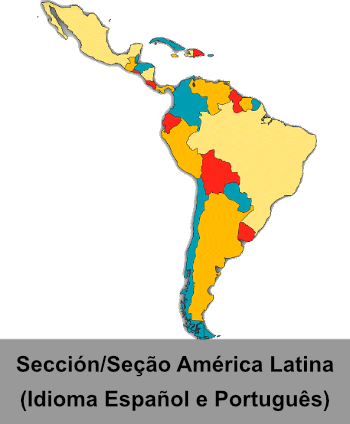It is abundantly clear that reaching net zero emissions by 2050 is a highly complex challenge that needs global effort and unity. Humanity is facing an uphill battle when it comes to preserving our planet. The consequence of failure is plain to see when we watch the news and see frequent unprecedented weather, recognising that a massive change in attitudes, behaviours, and infrastructure is required.
Necessity is the mother of invention, and the metaphoric burning platform is well and truly ablaze. Our diverse energy needs dictate that there is no silver bullet solution to the problem, but there is an abundance of next-generation fuels emerging to fill the hydrocarbon void. One challenge, amongst many, is developing the expertise and capability to produce, transport, and distribute these new fuels safely in bulk. Even when operations run safely, incidents could occur, so our crisis managers and emergency
planners need to be prepared to manage and respond to incidents of this nature.
The risk matrix of the future will look significantly different from today; each fuel type has its own set of parameters. Depending upon end use, global opinion is divided on the best fit and long-term solutions. Green credentials, operational performance, or financial implications may dictate selection criteria. So what challenges must alternative fuels overcome to become viable, safe and trusted replacements for oil? OSRL / Read this topical and very interesting article





